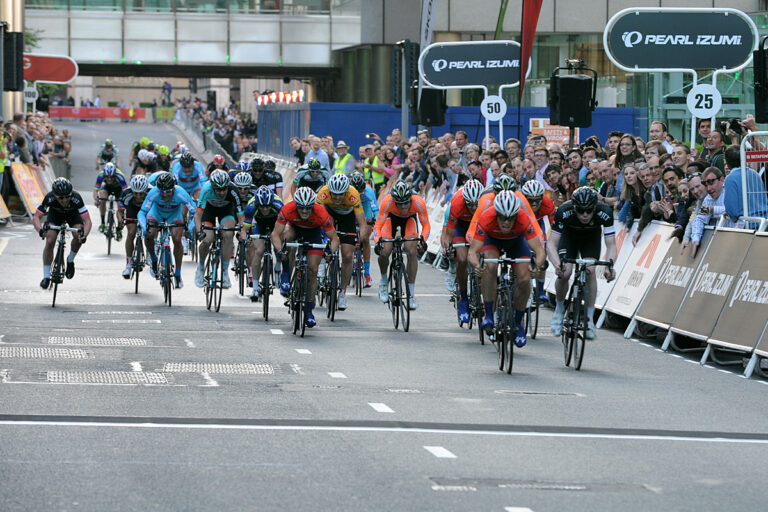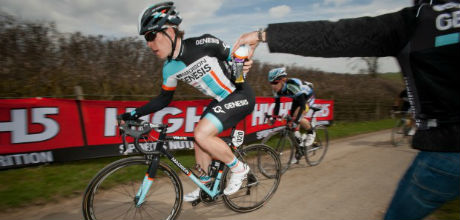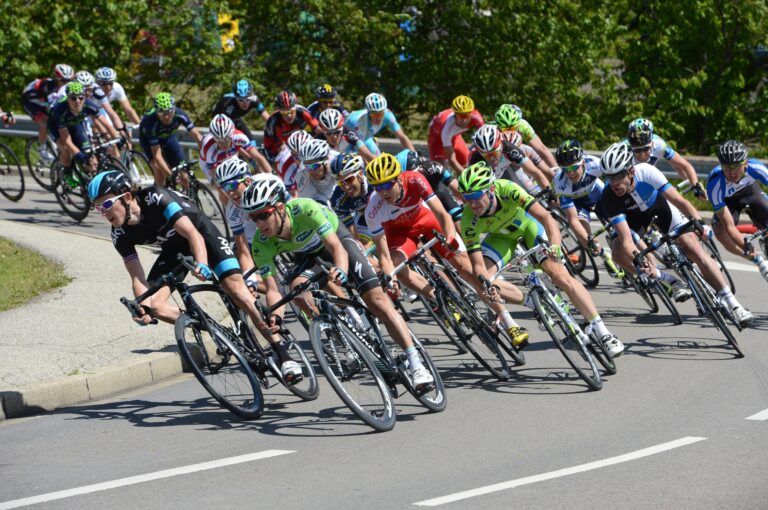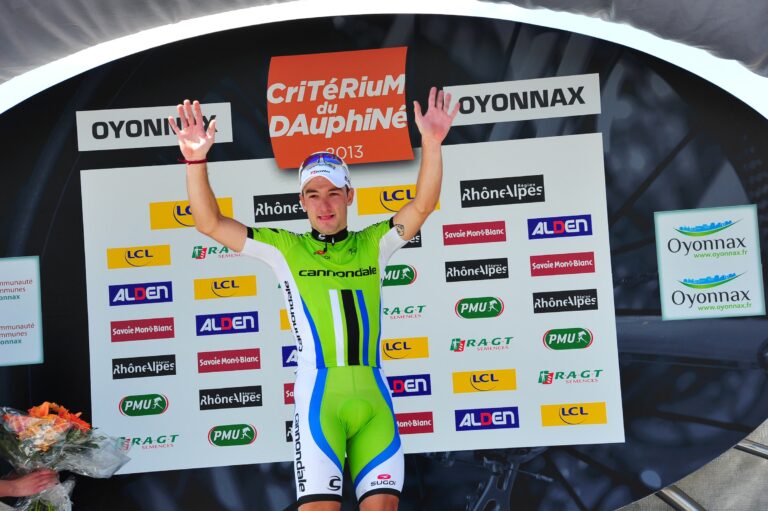
Andy Schleck’s Leopard Trek team tops a list of ten UCI ProTeams to express an interest in riding the 2011 Tour of Britain, RCUK understands – but a UCI rule change has put into the doubt the participation of some British teams.
The Tour of Britain is currently a 2.1 level race, allowing for up to 50 per cent of the field to be made up of UCI ProTeam outfits, while UCI Professional Continental, Continental and national teams may also be invited to take part.
But, with the race currently limited to 16 squads, the rule change dictates the Tour of Britain must invite the top three UCI Continental teams, to be determined at the end of January, squeezing the number of spots available to British domestic outfits.
Race director Mick Bennett said: “We have always sought to have a mixture of ProTeam, ProContinental and Continental professional teams racing in the Tour of Britain as we believe this makes for the most exciting and entertaining racing.
“However, the current communiqué from the UCI has put us under pressure to increase the number of Continental teams competing in the event.
“Last year we had six Continental teams competing, five of which were British, and while we would obviously want those teams to return again in 2011, we must also now take into account that the leading three Continental teams from the UCI Europe Tour have to be invited, plus the additional interest from some of the world’s biggest teams, such as Leopard Trek.
“In an ideal world we would be able to incorporate all of these entries; unfortunately we cannot. Over the coming weeks, once we have been notified by the UCI of the teams we must invite, then we will look to finalise the 2011 entry list, taking into account a number of factors.
“I’m sure though that come Sunday September 11 there will be a world-class line-up taking to the start line in the Scottish Borders.”
This year’s race will take place from September 11-18, with the invited teams due to be announced at the event’s spring launch, where the full route also revealed.
The Tour of Britain is considered a battleground for young riders, with Schleck winning the King of the Mountains classification in 2006, three years before finishing second in the Tour de France.
Current UK legislation requires a race with more than 100 riders to have permission from the chief constable of every police force that the event passes through – almost 20 for the 2011 Tour.
And race organisers are planning to make such an application to open up entry spots for additional teams beyond the sixteen squads currently due to be invited – giving hope to domestic teams and potentially opening the door for a raft of Pro Tour squads.
“As ever we’ve had far more teams approach us with a view to riding The Tour of Britain than we could ever hope to accommodate,” added Bennett.
“It is rewarding for everyone here in the team at (Tour of Britain organisers) SweetSpot to have so many ProTeam squads wanting to be a part of The Tour of Britain, and we are certainly aiming to have 50 per cent of the field in September made up of ProTeams.
“The fact that The Tour of Britain is ideally situated less than a week before the World Championships take place in Denmark means we will continue to attract world-class riders targeting the worlds and looking for a tough race in which to hone their form.”





